
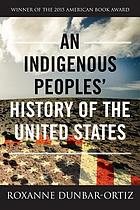 An Indigenous Peoples' History of the United States
by
An Indigenous Peoples' History of the United States
by
 Why you can't teach United States history without American Indians
by
Why you can't teach United States history without American Indians
by
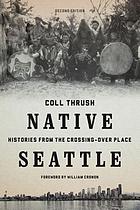 Native Seattle: Histories from the Crossing-over Place
by
Native Seattle: Histories from the Crossing-over Place
by
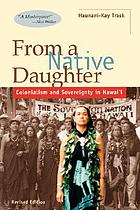 From a Native Daughter: Colonialism and Sovereignty in Hawai'i
by
From a Native Daughter: Colonialism and Sovereignty in Hawai'i
by
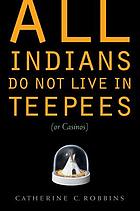 All Indians Do Not Live in Teepees (or Casinos)
by
All Indians Do Not Live in Teepees (or Casinos)
by
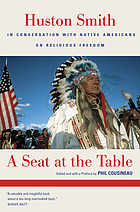 A Seat at the Table: Huston Smith in Conversation with Native Americans on Religious Freedom
by
A Seat at the Table: Huston Smith in Conversation with Native Americans on Religious Freedom
by
Posted by the Seattle Art Museum July 2015
"People of the Salish Sea" is an excerpt from the feature non-fiction film and media project called Clearwater. Supported by the Suquamish, Snoqualmie, Lummi, Muckleshoot and Squaxin Island tribes, this story explores the inherent relationship between the Coast Salish people and the waters of the Pacific Northwest. Join us as we move from the "place of clear salt water" to the shores of Bella Bella, British Columbia, during the 2014 Canoe Journey. It is in these waters and the adjacent shores—past, present and future—that the Coast Salish people live on the lands of their ancestors and great-great grandchildren.
"In episode 1, John talks about the Native Americans who lived in what is now the US prior to European contact. This is a history class, not archaeology, so we're mainly going to cover written history. That means we start with the first sustained European settlement in North America, and that means the Spanish. The Spanish have a long history with the natives of the Americas, and not all of it was positive. The Spanish were definitely not peaceful colonizers, but what colonizers are peaceful? Colonization pretty much always results in an antagonistic relationship with the locals. John teaches you about early Spanish explorers, settlements, and what happened when they didn't get along with the indigenous people. The story of their rocky relations has been called the Black Legend. Which is not a positive legend."
Just before the 2014 Superbowl, the National Congress of American Indians released the Proud To Be ad (above), calling for the end of using American Indians as a mascot.
Associated Press: Calls to dump Columbus Day are getting louder as cities across the country replace it with “Indigenous People’s Day." Native Americans say it's necessary to atone for Christopher Columbus’ legacy but some Italian Americans are outraged by it.